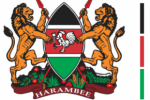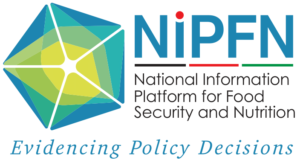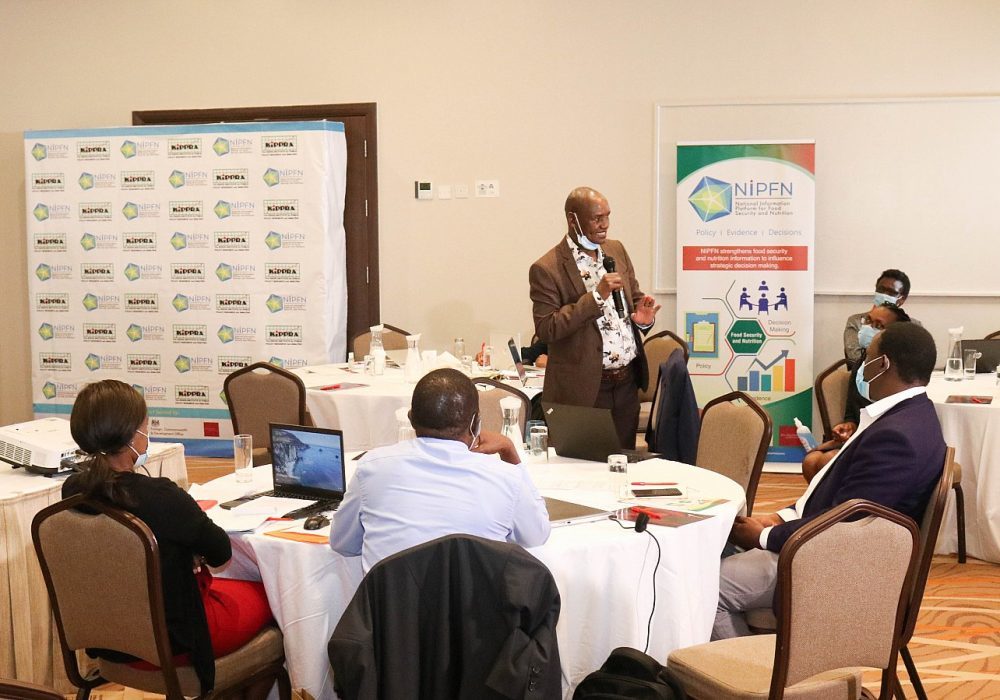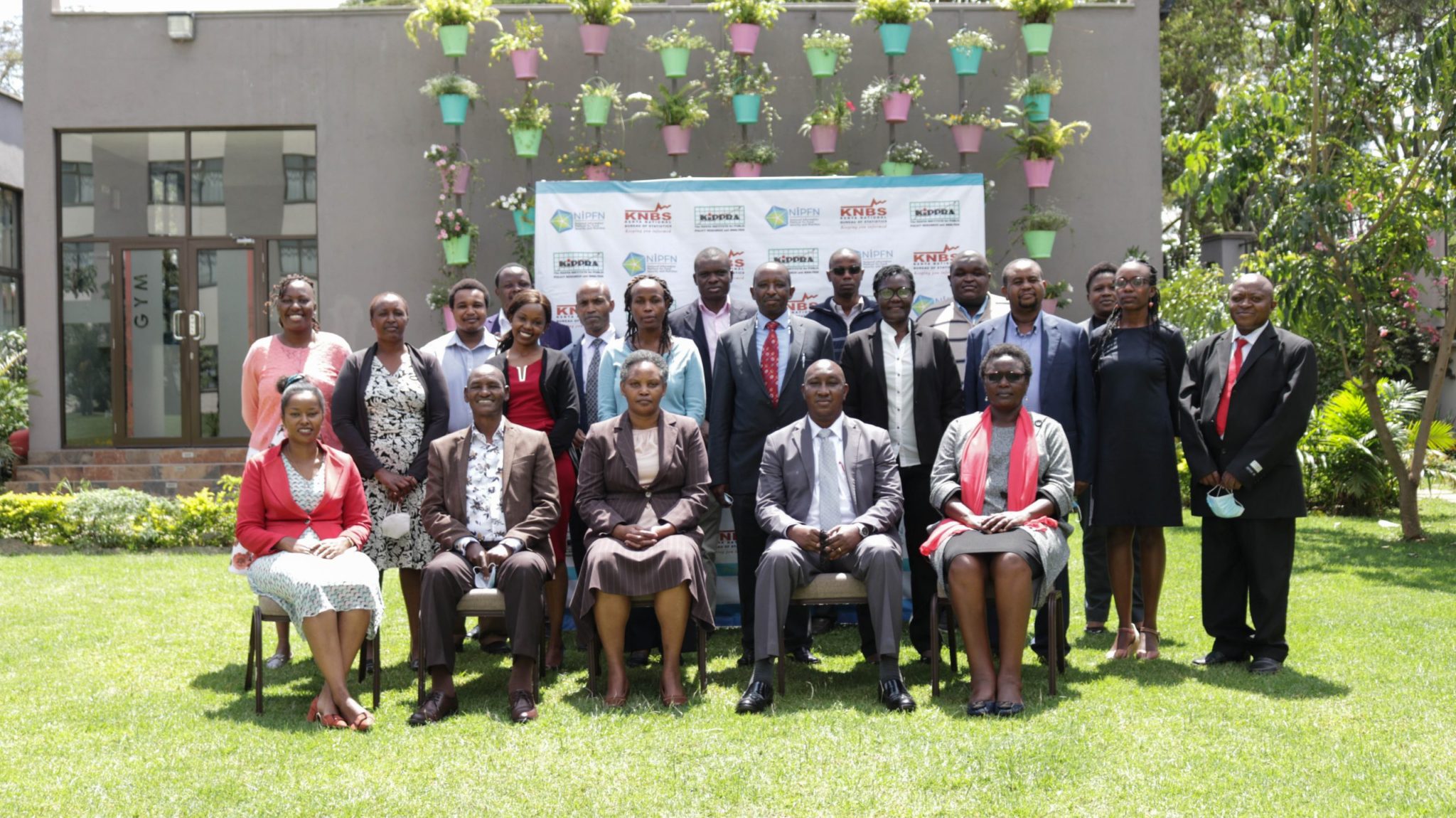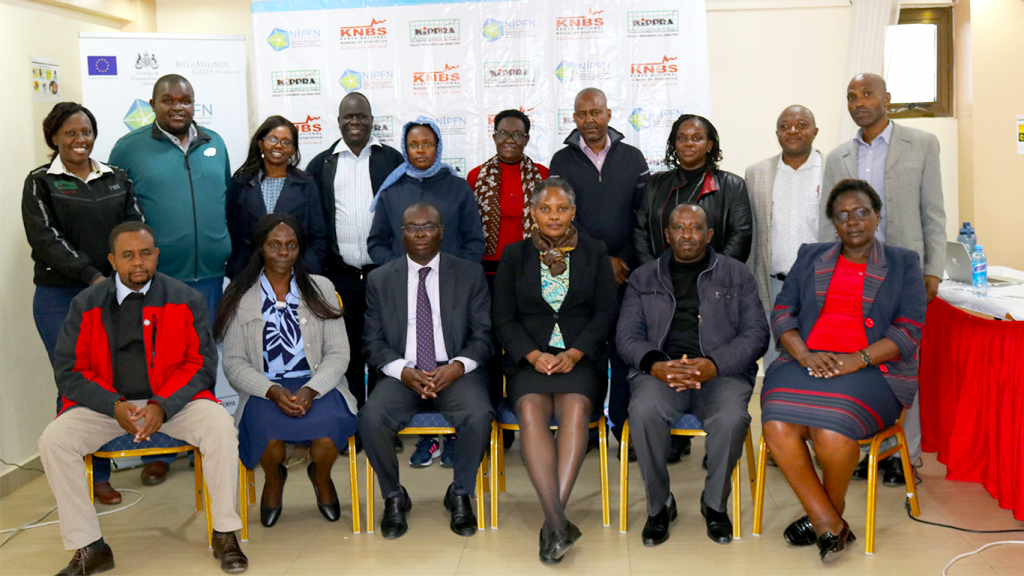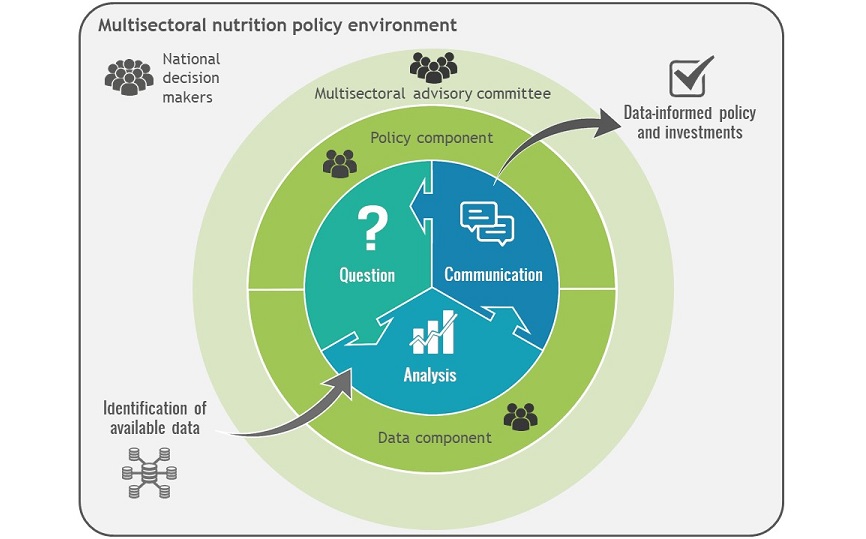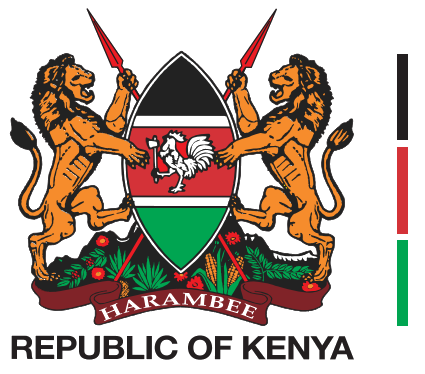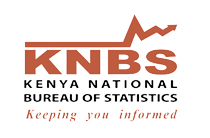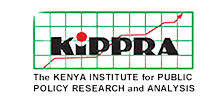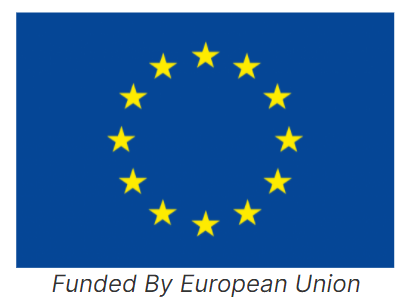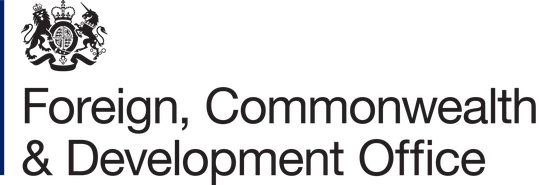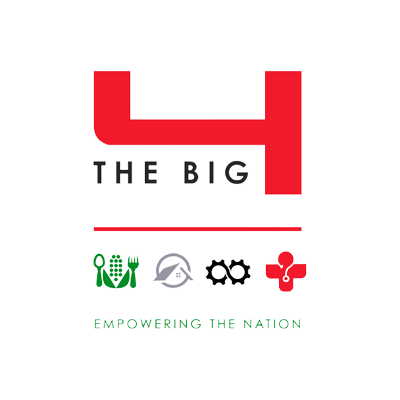The N4D podcast discussions are constructively challenging to get beyond rose tinted portrayals of our guests own agency or initiative achievements to an analysis of, and proposals for, how multi-stakeholder processes at country, regional and global levels could work better to end malnutrition.
National Information Platform for Food Security and Nutrition









The National Information Platform for Food Security and Nutrition (NIPFN) is an initiative of the European Union with support from the Foreign, Commonwealth and Development Office(FCDO) and the Bill and Melinda Gates Foundation.
One of the objectives of NIPN is to bring together information from diverse datasets to facilitate a multisectoral analysis of the nutrition situation
The Online Library is a warehouse of peer reviewed research papers on Nutrition done in Kenya
The NIPFN Web Portal was Launched on 16th June 2022 by the Chief Administrative Secretary National Treasury and Planning Mr Eric Wafukho during KIPPRA @ 25 Dinner held at the Kenya School of Government Kabete Campus
The project aims to capacity build officers in KNBS, KIPPRA and other relevant government ministries to ensure continuity of the programme beyond the lifespan of the project.
The Nutrition and Food Security platform will be rolled out to the counties with various activities cascaded to the Sub National level
Our Stakeholders
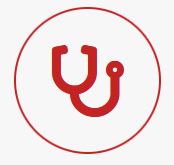
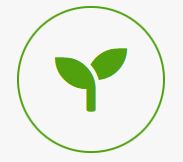








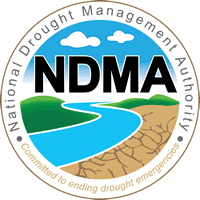
Nutrition Situation in Kenya
The proposed Kenya approach seeks to achieve three main results:
Create capacity within national institutions to operate and maintain a National Information Platform for Food and Nutrition.
Strengthen capacity to track progress in meeting national objectives to prevent undernutrition and monitor nutrition investments.
Build the capacity of national policy makers and programme planners to make better use of evidence in designing and implementing nutrition-related
The National Information Platform for Food Security and Nutrition (NIPFN) is an initiative of the European Commission with support from the United Kingdom Department for International Development and the Bill and Melinda Gates Foundation. The Kenyan NIPFN is part of a larger initiative that are members of the Scaling Up Nutrition (SUN) movement in the following countries: Bangladesh, Ethiopia, Burkina Faso, Laos, Niger, Uganda, Guatemala, and Ivory Coast. The Kenya National Bureau of Statistics (KNBS) and the Kenya Institute for Public Policy Research and Analysis (KIPPRA) are the two State Corporations mandated by the Government of Kenya to implement the project.
NIPFN Kenya
The National Information Platforms for Food Security and Nutrition (NIPFN) is a country-led and country-owned platform, to facilitate multi-sectoral and multi-stakeholder dialogue on nutrition. NIPFN supports the use of existing information and data to develop or refine policies and programmes. In Kenya, the initiative seeks to strengthen national capacity to manage and analyse information and data from all sectors that have an influence on nutrition, such as: Ministry of Health, Ministry of Agriculture, Livestock and Fisheries, Ministry of Water, Sanitation and Hygiene, UN agencies, NGOs and others. The initiative will assist in the dissemination and use of information, to better inform the strategic decisions to prevent undernutrition and its consequences.
DASHBOARD AND VISUALIZATION OF INDICATORS
The NIPFN Dashboard is expected to help Kenya achieve the following objectives:
- To initiate dialogue between policy makers and data analysts regarding
multisectoral nutrition indicators, programmes and investments. - To quickly produce an initial multisectoral analysis of nutrition-related information at sub-national level.
- Question formulation based on government priorities;
- Analysis of data to inform the questions;
- Communication of the findings back to government.
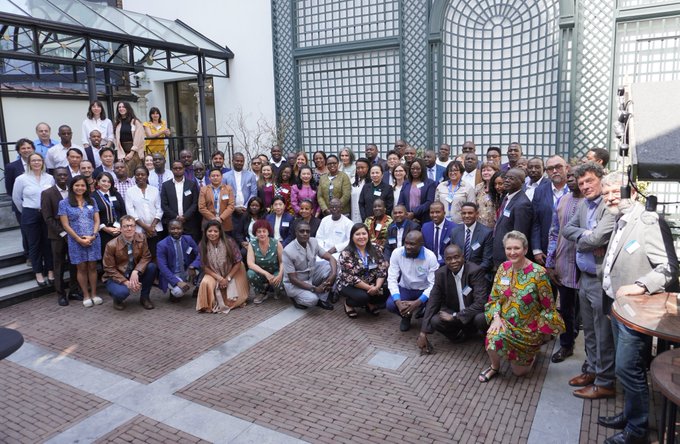
The 5th NIPN Global Gathering in Brussels, Belgium
Kenya National Nutrition Action Plan
The Kenya Nutrition Action Plan (KNAP) 2018–2022 is an evidence-based five-year strategic action plan that seeks to address malnutrition in Kenya in all its forms and for all ages. It is the second National Nutrition Action Plan for the implementation of the Kenya Food and Nutrition Security Policy (FNSP) and follows implementation of the first National Nutrition Action Plan 2012–2017, building on the success, limitations and opportunities of the previous five years.
Download the KNAP here
This website was created and maintained with the financial support of the European Union. Its contents are the sole responsibility of NIPFN and do not necessarily reflect the views of the European Union
